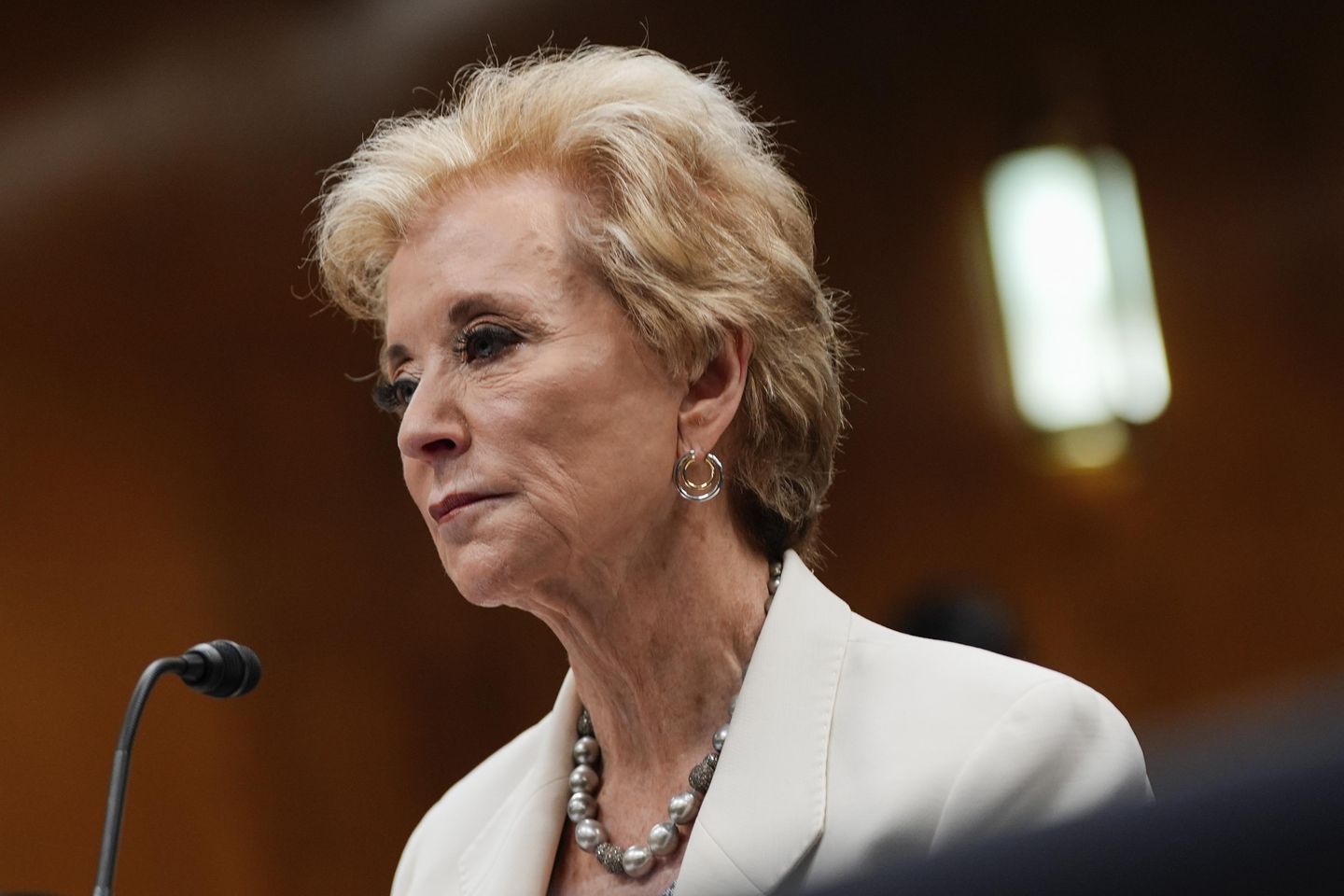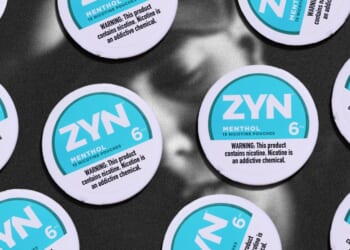
The Education Department will resume collecting interest on federal student loans next month, canceling the last part of a Biden administration debt forgiveness scheme that courts have ruled illegal.
The decision will restart interest charges for nearly 7.7 million former college students who enjoyed a yearlong pause under the Biden-era plan to impose 0% interest rates, which a federal court injunction blocked last year.
An appeals court upheld that ruling in February, capping two years of legal defeats for former President Joseph R. Biden’s attempt to forgive $430 billion of federal student loan debt. Education Department officials said another court ruling in April let them restore the interest payments promptly.
“For years, the Biden administration used so-called loan forgiveness promises to win votes, but federal courts repeatedly ruled that those actions were unlawful. Congress designed these programs to ensure that borrowers repay their loans, yet the Biden administration tried to illegally force taxpayers to foot the bill instead,” Education Secretary Linda McMahon said Wednesday. “Since Day 1 of the Trump administration, we’ve focused on strengthening the student loan portfolio and simplifying repayment to better serve borrowers.”
According to her department, all borrowers affected by the decision should consider switching to an income-based repayment assistance plan included in the One Big Beautiful Bill Act that President Trump signed on July Fourth.
The department said “borrowers will be responsible for making monthly payments that include any accrued interest as well as their principal amounts” starting Aug. 1.
While it’s difficult to calculate the final payout from years of accrued loan interest at different rates, some analysts have projected that borrowers will pay an average of $3,500 a year, totaling $27 billion.
During the 2024-25 academic year, federal student loan interest rates ranged from 6.53% to 9.08%.
The resumption of interest payments comes as part of a larger Trump administration push to reorient the federal student aid system away from subsidizing pricey four-year degrees for low-paying jobs and reground it in workforce education.
The Big Beautiful Bill also capped some undergraduate humanities loans, eliminated a graduate student loan program and pledged to withhold loans from academic programs whose graduates don’t earn more than the average person with only a high school diploma.
According to several financial aid experts reached for comment, the Trump team’s efforts should streamline the lending and repayment process in the long term, but could also increase monthly loan payments for recent graduates with lower earnings.
“Philosophically, there’s a deeper tension here: By emphasizing repayment discipline over borrower protection, the approach assumes post-graduation earning power is predictable and overlooks inequities in labor outcomes across race, gender and major,” said John Morganelli, the founder of Ivy Tutors Network and a former admissions director at Cornell University.
In May, the Education Department resumed collecting student loan payments for 23 million borrowers after a five-year hiatus imposed during the first Trump administration and extended under the Biden administration.
As of late June, the agency reported receiving nearly $282 million in collections on defaulted federal student loans.
Melanie Storey, CEO of the National Association of Student Financial Aid Administrators, said universities will have to educate incoming students on recent changes to help them make wise decisions.
As a former director of policy implementation and oversight at Federal Student Aid, which disbursed $126 billion during the 2024-25 academic year, she was directly involved in the Biden Education Department’s botched revamp of the Free Application for Federal Student Aid.
“It’s a pretty big change,” Ms. Storey said. “And we learned from the past FAFSA debacle that this kind of volatility in financial aid has whole-campus impacts.”
She said the Trump administration’s reduction of loan repayment options, limits to loans feeding into medical programs and expansion of Pell Grants for low-income students to attend accredited skilled trade programs will be key areas for adjustment.
“Financial aid programs may need to counsel students on seeking private loans outside of the government and consider more scholarships to help low-income students access graduate education,” Ms. Storey added.















